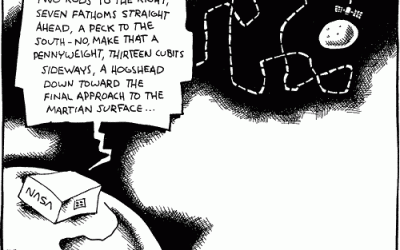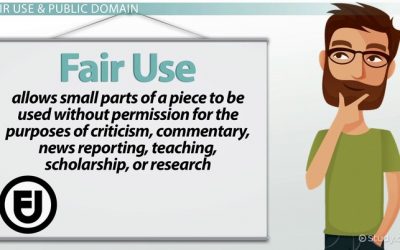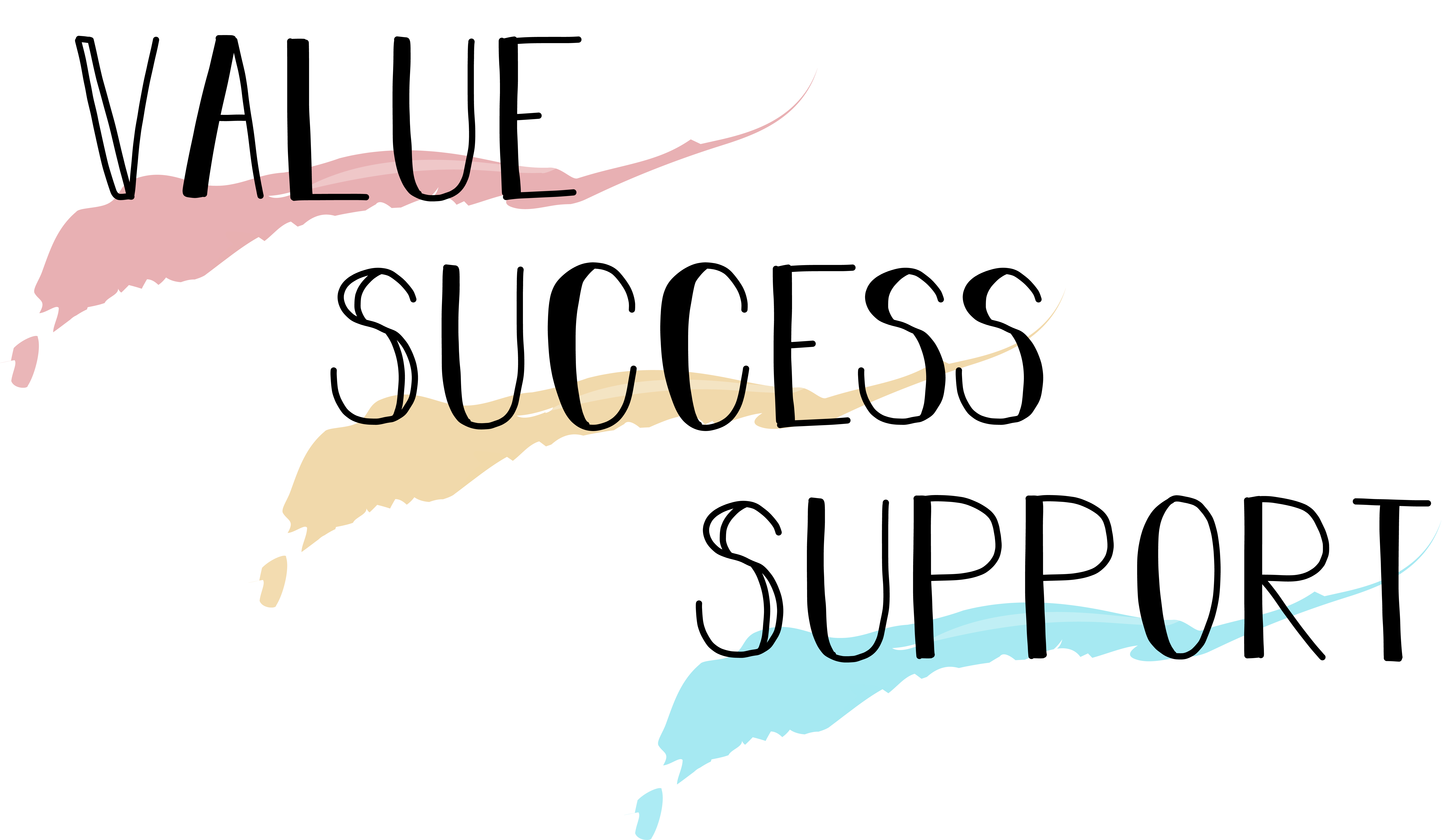
Great ideas from fellow educators
Do you have an idea for a blog post? Let us know the topics you’re interested in or submit a post for review!
Why Grading is More Important than Teaching
What if grading mattered more than teaching? What if class time was redefined from information going from the professor’s notes into students’ notes without passing through the brains of either to a new definition of two-way, transactional communication of ideas? What if the scare time faculty have available for planning their teaching was reallocated away from preparing PPT slides to instead designing ways to interact with and acquire data on how their students are thinking? What if instead of lecturing for an entire class period, a professor spent more time listening to students and giving them feedback. What if instead of mindlessly transcribing lecture notes, class time was spent instead on learning and thinking?
A Collection of Great College Science Teaching Ideas from the Society of College Science Teachers Blog
SCST serves as host to an online blog—short mini-essays about improving college teaching and learning that are quick to digest and filled with actionable advice. The entire list of posts can be overwhelming, so as a place to start, consider these 30 posts as your departure point highlighting best practices in college science teaching.
Posing Questions for Class Discussion
The key feature of any modern teaching approach is to ask questions. To be sure, a pointed suggestion of asking some questions during a lecture might seem a tad silly. However, the number of professors who actually pose non-rhetorical questions during their lecture...
Using Science Fiction to Teach Science
Have you been mulling over the idea of using science fiction films in your classes? Science fiction in college STEM teaching seems like a natural fit—many students and professors enjoy modern science fiction films, contemporary special effects-laden action...
Teaching Science to American Students
Confused about what works teaching American college students? If you didn’t grow up in the U.S.—or go to an American-style university yourself—you might be deeply surprised at what today’s American students expect. Alternatively, if you are teaching science at a...
How to Increase Your SOTL Publication Citation Rates
In the not so distant past, the guaranteed pathway to promotion and tenure at colleges and universities world-wide was to publish a long series of refereed journal articles. This is especially true for faculty who have primary responsibilities in the domain...
How Much Math Should I Use in My Science 101 Course?
Many professors assigned to teach introductory science classes have some experience, or considerable experience, teaching introductory courses for majors. If you are one of those few lucky scientists who are assigned to teach the general survey course for non-majors,...
Best Practices for Teaching with Images in Class
Sharing beautiful pictures of nature with your students is key to helping students understand the aesthetic wonder of science, but just how does one make the best use of these gripping visual resources as possible? As a first step toward using images most effectively...
Finding the Best Images for My PPT-based Lectures
Aren't you abundantly thankful—fellow science professor--that you don’t teach accounting or finance classes? Those are fine disciplines, we’re sure. However, they don’t have nearly the array of inspiring nature-based images available for teaching that we have in...
Is it Possible to Motivate Non-Science College Students?
Although we all wish it were otherwise, your students have every reason to assume you’re not really coming to class each day to help them learn or that you will actually follow an obviously organized pathway to get them there. This is due in part to students having...
What Are Realistic Goals for the Non-Majors General Science Survey Course?
If the task at hand is to create a class that results in students loving science—which I believe is a highly worthwhile goal—what should your formal course goals be? Most college guidelines strongly suggest, if not require, that course syllabi explicitly list course...
Get Better Teaching Evaluations by Changing Your Attitude
Get Better Teaching Evaluations by Changing Your Attitude In science, that which is measured is paid attention to. As a result, your course will benefit if it has an end in mind, improving the end-of-term student evaluations of your course. The super-secret pathway...
Is it Time to Take Advantage of Automatic Grading?
Multiple-choice exams are common practice in many college science courses, and there are countless strategies lying around about how to speed up the processes of writing, scoring, and recording student performance. One of the most common strategies used to grade...
Students Benefit from a Highly Structured Syllabus
Novice learners—your students—depend on you to have sufficient knowledge of the course content and its structure to build a clear and easy-to-follow pathway to successfully learning the course material. Students have little idea what actually learning material in your...
Where to Publish Your Teaching Innovations
As an expert educator, you’ve learned a lot about what works with students and what does not. But how do you get those ideas out to the broader community, build your credibility, and enhance your CV? The numerous ways to get out your ideas might surprise you. It is...
Proposing Preposterous Propositions for imProving Pedagogy
Is one of your course goals to help students discern ‘fake news’ from the real thing when running around the Inter-webs? Do you want your students to learn the habit of being an informed skeptic when encountering documentary-style cable television shows about alien...
Should You Assign Readings from Free Web Pages or an Expensive Textbook?
Do you wonder if the rapidly growing costs of traditional textbooks are worth the immense cost students are being asked to bear? Both you and your students probably know that there are countless free and frequently updated web pages out there providing much of the...
Five (or Six) Secrets and Grading Hacks to Keep Up With Grading
We’ve all caught ourselves saying, “teaching would be so much more fun if I didn’t have to do all of this grading” when sitting down to an enormous stack of papers (or electronic files) to grade. But grading all of those assignments doesn’t have to be chore, if you...
Get the Vote Out: New Options for Polling and Soliciting Students’ Ideas
In the traditional stand-and-deliver, information-download approach to teaching college-level science, students are often expected to diligently—and quietly—take handwritten notes in order to memorize the ideas presented in class, and repeat those ideas back to the...
Online Office Hours: The “Dr. is (Virtually) In”
Longstanding folklore exists around the tradition of college professor’s office hours. Some of the mythology is funny, as in, “I love office hours, it is the only time I know I can catch up on my work because no one ever bothers me.” Some of the tales are not quite...
Practical Strategies to Use Popular Movies Effectively
Ever walked by a college classroom that should be holding class, but noticed that the lights were off. If you are like me, you can’t help but peak through the door to see what is going on? Did the professor get sick and cancel class? Are the students having a...













